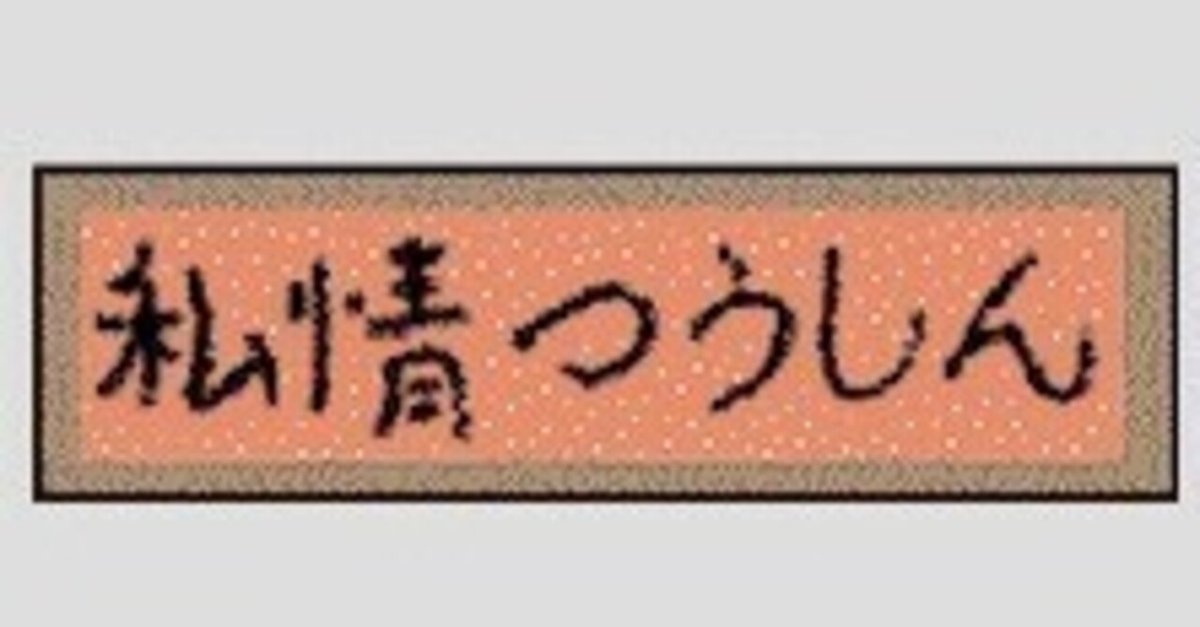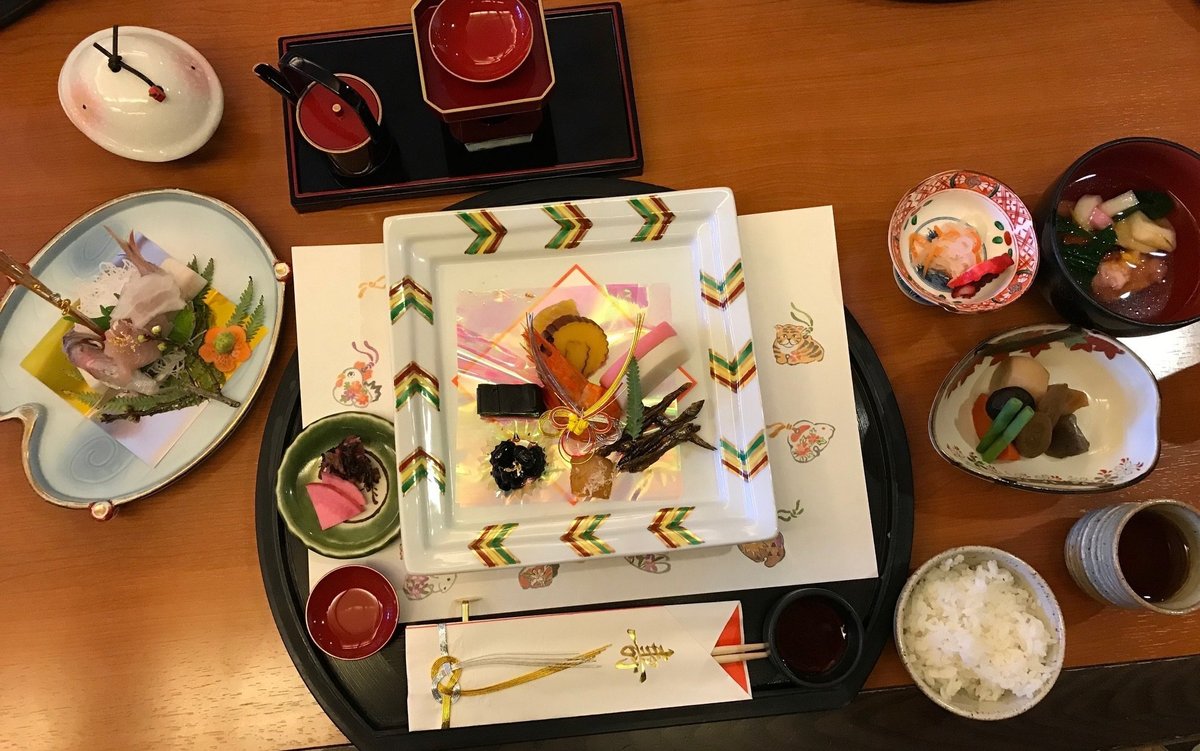
Is [Culture] a Noun or an Adjective?
by Atsushi FURUIYE
translated from Japanese by himself
This article first appeared in "Shijo-Tsushin" vol.1 (June 1995).
The Japanese version can be found here.
In a symposium titled "Japan in Multi-Cultural World" held by Hitotsubashi University in September 1994, I found an interesting discussion. A question was posed by a participant in the floor asking "how to define [The culture of Japan], if one were to teach about it in a classroom." This question was asked when everyone was talking about different cultures not only across borders, but within a nation's border, such as the various minorities with their distinctive cultures of their own, so the question had in mind for instance, the Ainu people (minority group originally from Hokkaido, the northern island of Japan), the foreigners living in Japan, and whatever you have. It was no use to give a definition that might lead to stereotyping the Japanese.
I have already forgotten what was the answer from the podium, but what struck me then was that the word [multi-cultural] in English had been translated into [tabunka] in Japanese, and that they had slightly different meanings. In English, [cultural] is an adjective; in Japanese, [bunka] is a noun. The difference is something like the difference between [Japan] and [Japanese]. If it was a noun, one would likely try to define it in terms of what is Japan. If it was an adjective, one will have much more freedom to define it as something Japanese. Perhaps the person who asked the above question in Japanese, either consciously or unconsciously been affected by the Japanese word, was trying to define what is [the culture of Japan]? The panelists were mostly foreigners. I am not sure how they heard the translated question, but hadn't they been thinking of the flexibilities of [being Japanese]?
If one were asked to teach about [Japan] but that you didn't have to define it as a noun, you'll become much freer. You could think about teaching how it would be like if you were [a Japanese]. If you are a teacher of social studies in an American school, and you happened to have a Japanese student in your class, you might simply ask him or her to show "what food you had at home in a week". You don't have to ask him or her to wear the kimono, and dance the typical and traditional bon-dance. Not only "The Tales of Genji" or the Kinkakuji temple, or kabuki are the Japanese culture. A Japanese family living in the United States would have spaghetti and hamburgers as well as cooked rice and miso-soup on their tables. They will not be filled with tempura and sushi everyday. And the actual menu of the week will definitely tell an aspect of a Japanese family life. It goes without saying that you can't define a culture of a nation with only one example, and you must also tell your students that "not all the families have the same dietary customs". Even within this same family, the menu would be subject to incessant changes.

Sure, this is part of the Japanese culture, but…
The question mentioned at the beginning is not asking about [a Japanese], but about the whole of [Japan]. It seems almost impossible for me. You might look into various polls and statistics and try to find out what the average is, or to speculate a stereotype. But once you succeed in writing up a definition, you'll have lost all connection to the actual and individual Japanese people, and their lives. You'll have lost all the flexibility and the complexity of how each and every Japanese lead their lives. And what is most scary is that the stereotype will go its own way and try to define every actual Japanese individual as such. The stereotype will make you lose sight of the individual in front of you, and make you see the created image of [the Japanese]. This will lead to the first step to discrimination.
The symposium repeated that the multi-cultural era is here: The world with so many diverse cultures across borders. The traditional nation state going broke, and the state of the nations being challenged by its diversities within. The sub-cultures and counter-cultures emerging. The minorities and native ethnicities gaining power. The mainstream values collapsing from within. The material borders overcome by the development of new communication and transportation technologies. Even their own nationals threaten to alienate their original traditions by being expatriates and repatriates. Individuals fluctuate between various rules and values, transforming their attitudes and perceptions.
[Culture] can no longer be understood as a noun. It is more dynamic than an adjective, perhaps as much as a verb. It can only be thought of as an individual phenomenon. It was repeatedly sighed by the participants of this symposium that "it is so difficult to talk about a group of people," while it is so easy to talk about individual person. You can talk about [a Japanese], but you can't about [the Japanese]. One panelist defined [culture] as "[a way a person names the world] according to his attitude, value system, ethos, so on. It can not be defined by race or ethnicity."
[Culture] here is now a synonym of [identity]. What a person should try to achieve as his identity would then become "being oneself", and not the likeliness of being a Japanese, or anything. Upon being myself, I wish I could get along with all the other individuals, on this earth, where resources are limited. It is often heard that there is a need to "think globally, act locally." Shouldn't we add that we need to "be personal"?
この記事が気に入ったらサポートをしてみませんか?
